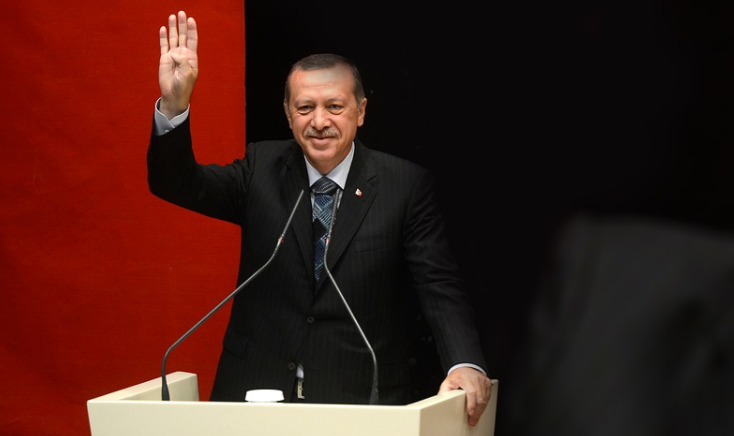Strained Alliances: Erdogan's Diplomatic Balancing Act
President Tayyip Erdogan expressed friendship towards Donald Trump, inviting him to Turkey despite their nations' strained ties over defense, the Syrian conflict, and economic sanctions. Tensions arose over Turkey's dealings with Russia, including the S-400 missile purchase, and disagreements over NATO expansions and U.S. support in Syria.

President Tayyip Erdogan extended an olive branch to Donald Trump by welcoming him back to the White House as a friend, showcasing an effort to mend Turkish-U.S. relations which have faced multiple challenges. These issues include ongoing disputes over defense and economic policies rooted in Trump’s previous presidential term.
A key point of contention has been Turkey's acquisition of Russian S-400 missile systems, which led the U.S. to cancel the sale of F-35 jets and exclude Turkey from its production program. Although sanctions were enforced on Turkey’s defense sector, recent developments have seen U.S. lawmakers support a $23 billion F-16 jet sale, contingent upon Turkey's approval of Sweden's NATO membership.
Another diplomatic friction point lies in Syria, with Turkey criticizing U.S. backing of the Kurdish-led SDF. With the past's currency crises exacerbated by diplomatic spats like the detention of Pastor Andrew Brunson, economic relations remain fragile. Despite this, Turkey continues to balance its Western and Russian alliances, positioning itself as a mediator amid ongoing geopolitical tensions.
(With inputs from agencies.)
- READ MORE ON:
- Erdogan
- Trump
- Turkey
- US relations
- NATO
- S-400 missiles
- defense
- Sweden NATO
- Syria
- Kurdish SDF










